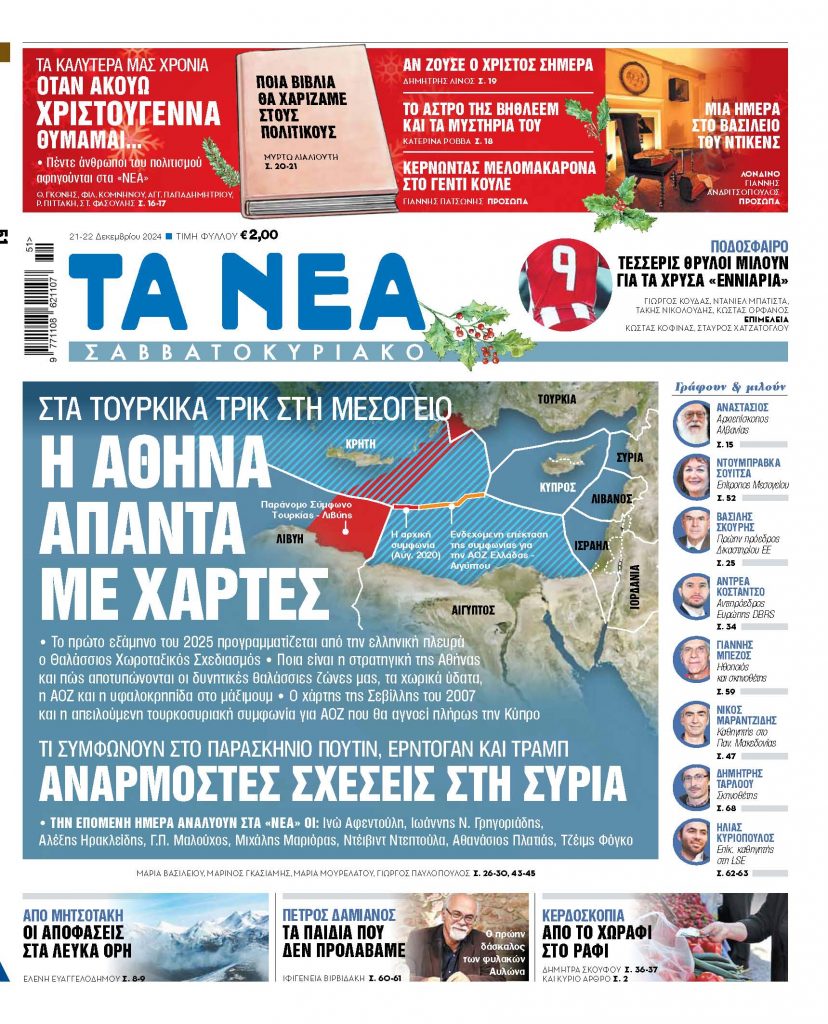Best known for approving Turkey’s EU candidacy at Helsinki in 1999, shepherding Cyprus into the EU, and completing major infrastructure projects, two-term Prime Minister Costas Simitis has warned about the economic challenges and pitfalls that lie ahead for Greece in an exclusive interview with To Vima on Sunday.
The former premier stressed the need for a common European policy that suits the contemporary transcendence of borders and that will reflect the needs and particularities of European nations -and not the recovery of the autonomy of each member-state.
“The creation of a European Central Bank which ensured the funding of member-states during the crisis is an example,” he said.
“The common path has been decided despite various objections and indeed it will expand. Today’s picture of clashing views does not justify disputing the evolutionary path of European cooperation. In the past, too, there were important disagreements that were transcended,” Simitis said.
“In the nexus of relations that comprises the union today, the issue is not having each member recover its lost autonomy, but rather fashioning a new European policy which adapts to the contemporary situation of a transcendence of borders and which will simultaneously reflect the needs and particularities of Europe’s populations.”
Asked about the Tsipras administration’s contention that normalcy and trust are returning and that the country is on a path of reconstruction, Simitis patently rejected that and lambasted the government.
“In Greece, the level of trust in the government and in the performance of the Prime Minister is at the lowest level among all European Union countries. As regards ‘social capital’ – which is to say existing rules of social behaviour, social networking, the capability and objectivity of social forums, and the ability to cooperate with them – Greece is considerably below the EU average,” Simitis underlined.
“The conclusion is unpleasant. The cooperation of society with the government and the necessary trust (which are preconditions for growth) are also at particularly low levels in our country. That explains the paucity of initiatives, joint actions, and collaborations, and the surplus of political skirmishes,” the ex-PM said.
Simitis also distanced himself from the government’s assertion that the post-bailout memorandum era has begun and that Greece been freed from the stricter commitments of the previous period.








